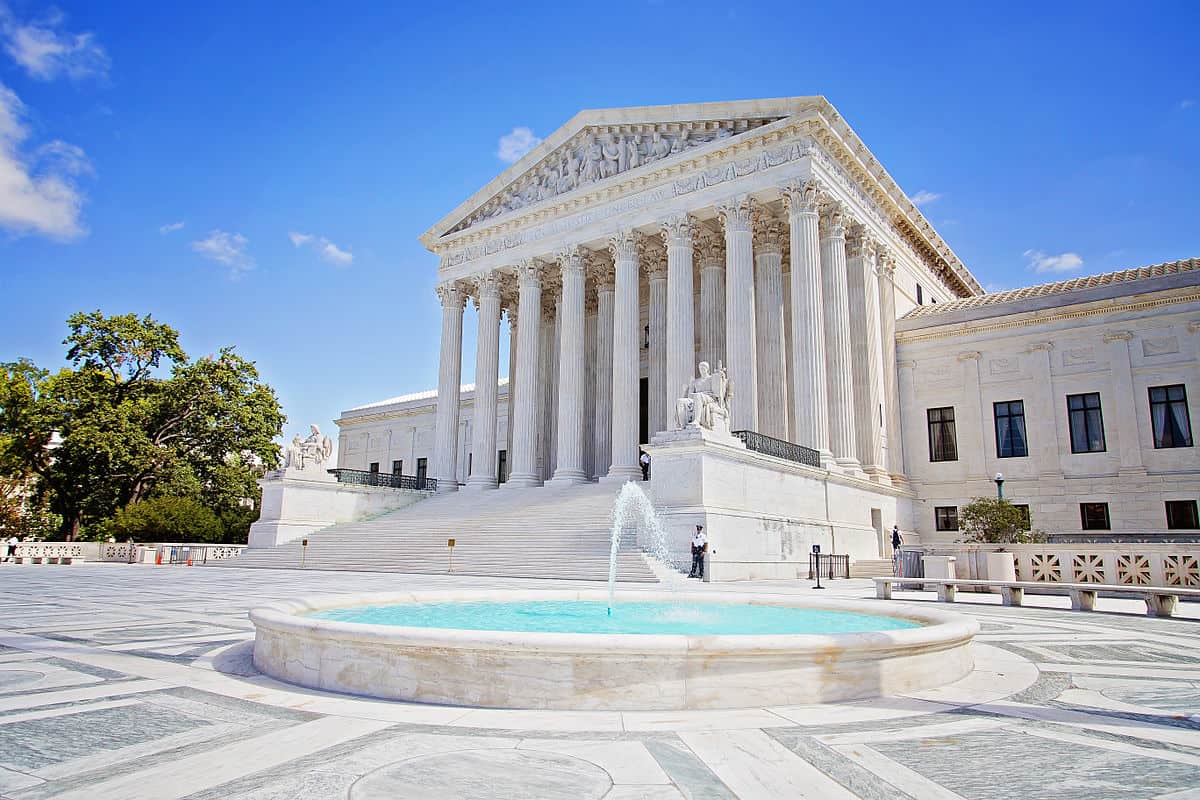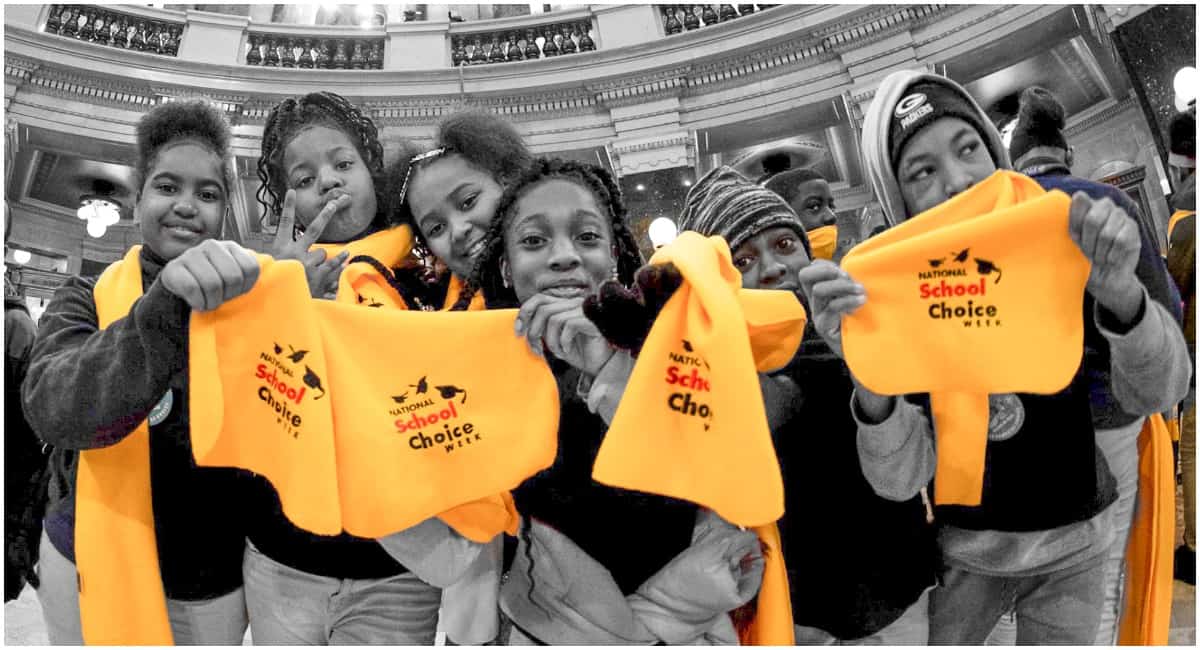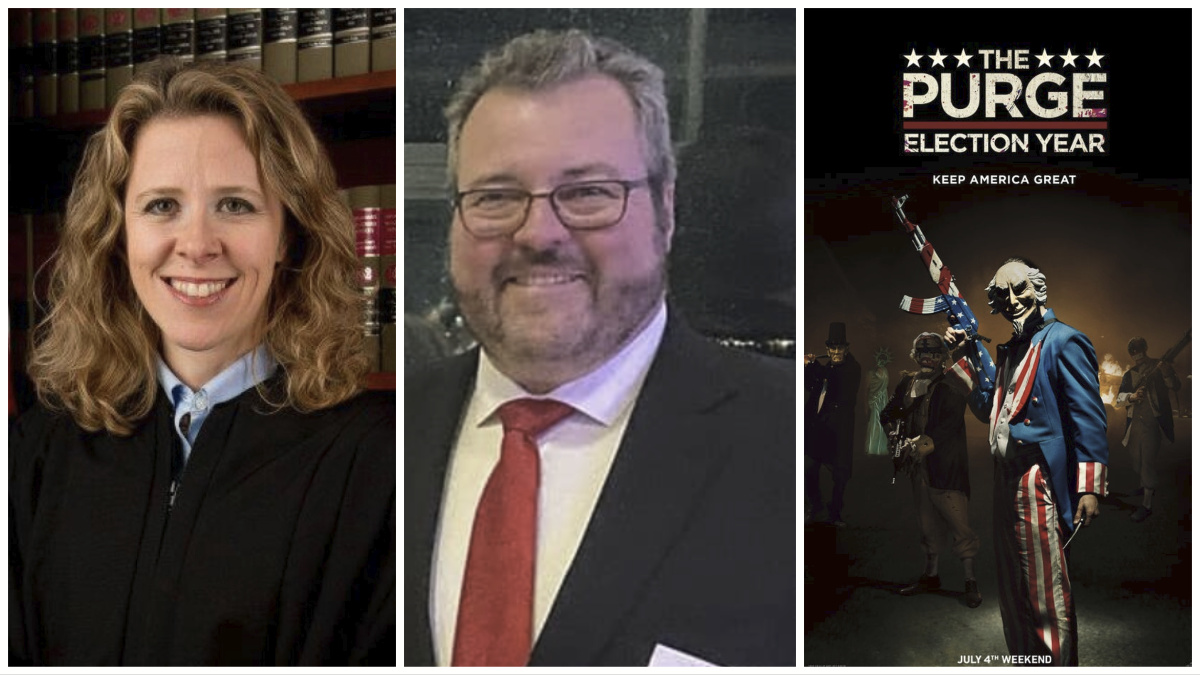The U.S. Supreme Court ruled Thursday that Harvard and the University of North Carolina at Chapel Hill’s race-based affirmative action admission policies violate the Equal Protection Clause of the 14th Amendment.
Separate 6-3 and 6-2 rulings upend years of common practice at higher educational institutions around the nation and could have a major impact on how colleges discriminate based on race, and whether schools that have refused to do so can now receive federal funding. The courts three liberal justices – Elana Kagan, Sonia Sotomayor and Ketanji Brown Jackson – dissented in the 6-3 ruling from the UNC case. Jackson recused herself from the Harvard case because she previously served on Harvard’s board of overseers.
Chief Justice John Roberts wrote the majority opinion, saying that the court previously allowed for race-based policies in narrow circumstances and for limited time frames but that the current practices have far exceeded those parameters.
“University programs must comply with strict scrutiny, they may never use race as a stereotype or negative, and – at some point – they must end,” he wrote. “Respondents’ admissions systems – however well intentioned and implemented in good faith – fail each of these criteria. They must therefore be invalidated under the Equal Protection Clause of the Fourteenth Amendment.”
As The Center Square previously reported, the race-based admissions policies at Harvard and the UNC were challenged in two separate cases that were combined before the high court.
The nonprofit Students for Fair Admissions filed the lawsuits against Harvard and UNC in 2014, arguing that the policies were unfair to Asian and white students, who are disproportionately negatively impacted by the policies.
SFFA claims 20,000 members comprised of “students, parents, and others who believe that racial classifications and preferences in college admissions are unfair, unnecessary, and unconstitutional.”
Higher educational institutions have considered race as a factor in admissions to promote a more racially diverse campus. The defendants in this case argued before the Supreme Court that the practice was standard in the field and that precedent was on their side, pointing to Grutter v. Bollinger, a 2003 case that allowed higher education institutions to consider race as a factor in admissions.
“Having failed to make the case that Harvard’s admissions practices contravene the court’s precedents governing the use of race in admissions, SFFA asks the court to overthrow them,” Harvard wrote in a filing last year. “But SFFA offers no legitimate justification for such an extraordinary step.”
Sotomayor wrote the dissenting opinion, saying that Thursday’s ruling flew in the face of previous court precedent.
“At bottom, the six unelected members of today’s majority upend the status quo based on their policy preferences about what race in America should be like, but is not, and their preferences for a veneer of colorblindness in a society where race has always mattered and continues to matter in fact and in law,” she wrote.
The majority opinion did make clear that there is an allowance for discussion of race and its impact on a student’s life in their application.
“Nothing in this opinion should be construed as prohibiting universities from considering an applicant’s discussion of how race affected his or her life, be it through discrimination, inspiration, or otherwise. But, despite the dissent’s assertion to the contrary, universities may not simply establish through application essays or other means the regime we hold unlawful today,” Roberts wrote.
Edward Blum, president of SFFA, has pushed for years for fairness in admissions, saying earlier last year when the high court agreed to take up the case that “Harvard and the University of North Carolina have racially gerrymandered their freshman classes in order to achieve prescribed racial quotas.
“Every college applicant should be judged as a unique individual, not as some representative of a racial or ethnic group,” he added.
Casey Harper
Go to Source
Reposted with permission
Table of Contents






















